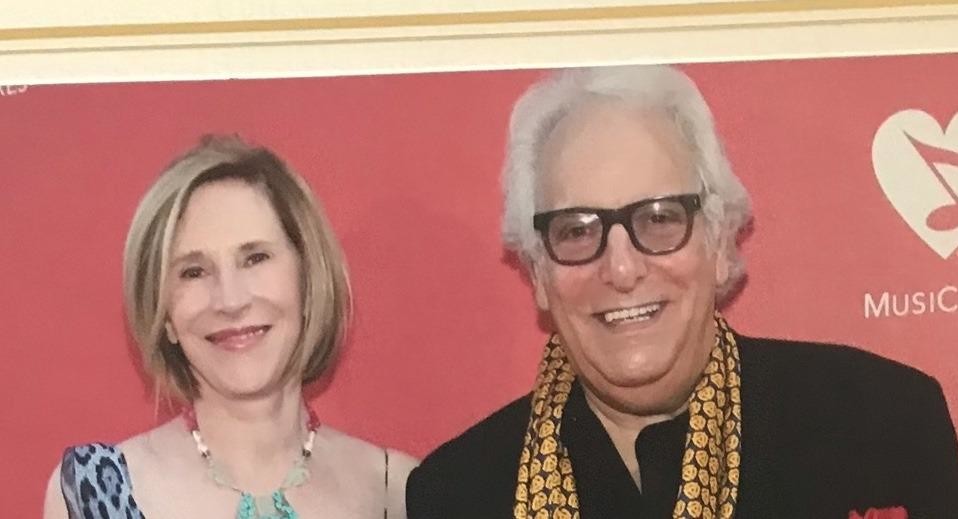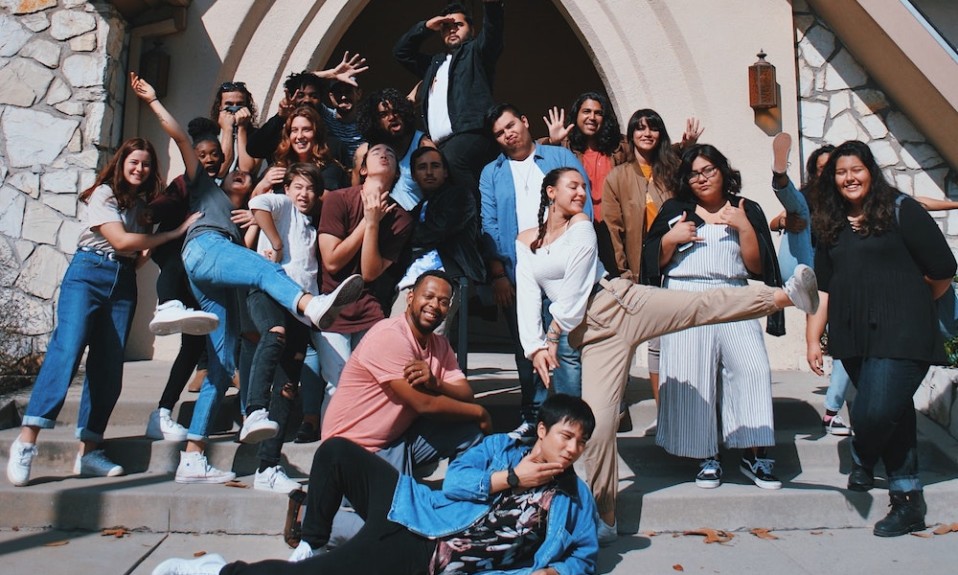The fund in honor of the late music executive provides support for those suffering from substance use disorder
By Jenny Diedrich
April 13, 2021Neil Lasher was known as the go-to guy for those in the music industry who needed to get sober. He was one of the first people Michael McDonald, tour manager for the Dave Matthews Band at the time, contacted when he wanted to go into addiction treatment 22 years ago.
“Neil was the guy people called when they had an artist or employee struggling with addiction,” says McDonald, chairman emeritus of the nonprofit MusiCares and founder of Mick Management. “He could connect them with the people who understood the realities of our business and the challenges of sobriety in our community. He was responsible for so many people’s recoveries. So many people’s careers survived or thrived because of him.”
Lasher, a longtime music executive with industry titans such as EMI and Sony, worked with artists ranging from Billy Idol to Gloria Gaynor. He died in April 2020 at age 73 from complications from COVID-19. The Neil Lasher Music Fund at Caron Treatment Centers recently was created to honor Lasher, who was in continuous recovery from substance use disorder (SUD) over his last 32 years.
Neil loved musicians and people in the industry, and he especially loved helping them navigate recovery and the unique challenges and rewards it presents for them. … He would be over the moon to be remembered in this special way.”—Jill Jordon, Neil Lasher’s life partner
The fund, initiated by Lasher’s life partner, Jill Jordon, and administered by Caron, will provide financial assistance for people with SUD, with an emphasis on those involved in the music business. It will also expand Caron’s ability to incorporate music into the treatment process with the establishment of music studios at residential sites in Florida and Pennsylvania.
“Neil loved musicians and people in the industry, and he especially loved helping them navigate recovery and the unique challenges and rewards it presents for them,” Jordon says. “I am delighted that the Neil Lasher Music Fund will allow Caron to support creative people in need in Neil’s memory. He would be over the moon to be remembered in this special way.”
The Neil Lasher Music Fund: Already Making a Difference
Caron already has admitted its first patient helped by the fund, a young singer/songwriter. “It’s a fitting legacy to Neil and keeps him alive in our hearts,” says Todd Whitmer, regional vice president of Caron’s New York office. “He was such a magical guy. He brought happiness, fun and music, and he just loved helping people.”

Lasher was a certified alcoholism and SUD counselor and worked closely with both Caron and MusiCares, which offers critical assistance to people in the music business during times of need, ranging from addiction treatment to paying rent and replacing instruments. Additionally, MusiCares has provided about $30 million in assistance related to the pandemic, McDonald says.
McDonald points to two main factors in SUD’s prevalence in the music industry: “Some of our greatest creators naturally struggle. Sometimes they’re tortured souls, and they struggle with issues that result in substance abuse. Sometimes that struggle is what makes them so powerful as creators. Also, the dividing line between work and play is very free-flowing. A lot of your work and your interactions take place at a bar or a club or a festival—places that are not as defined as workspaces like traditional 9-to-5 jobs.”
For more than 60 years, Caron Treatment Centers has helped people with SUD and their families. Caron has evolved from a center that treated mostly middle-aged men who were alcohol dependent to a holistic program with peer-specific, individualized treatment approaches, says Dave Rotenberg, chief clinical officer.
“[Caron] may have a 15-year-old girl who has multiple substances of abuse along with depression, anxiety and body image and eating disorders, and an 82-year-old man who has cognitive impairment, alcohol dependence and chronic pain,” Rotenberg says. “Our staff is specially trained to treat each population. There are differences between the cultures.”
And somewhere in there, the Neil Lasher Music Fund fits perfectly.













